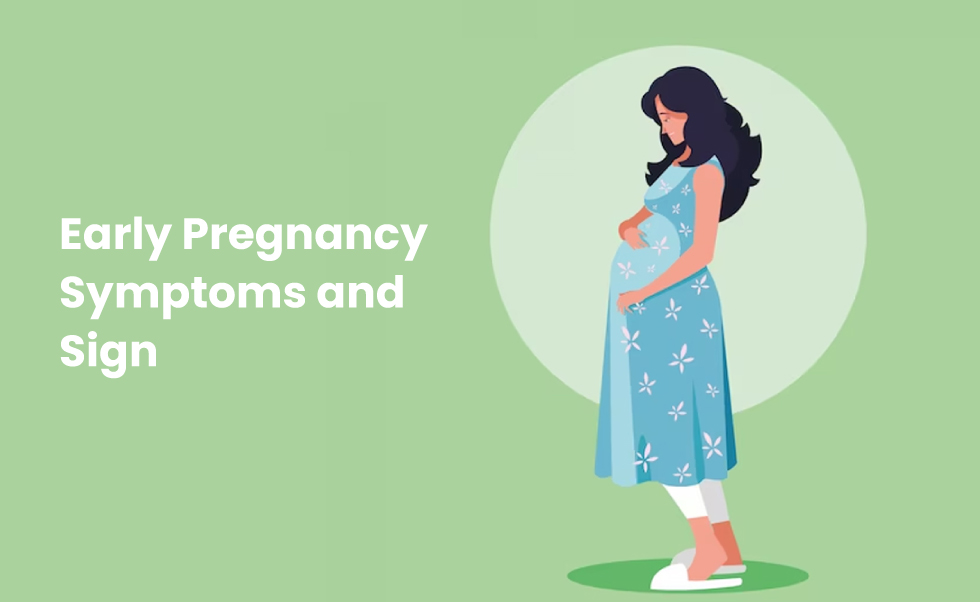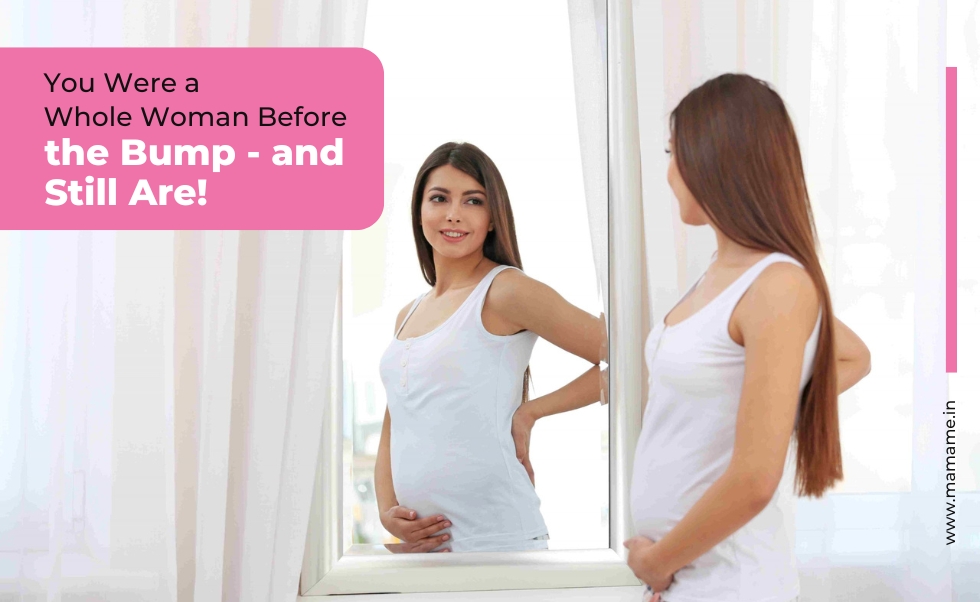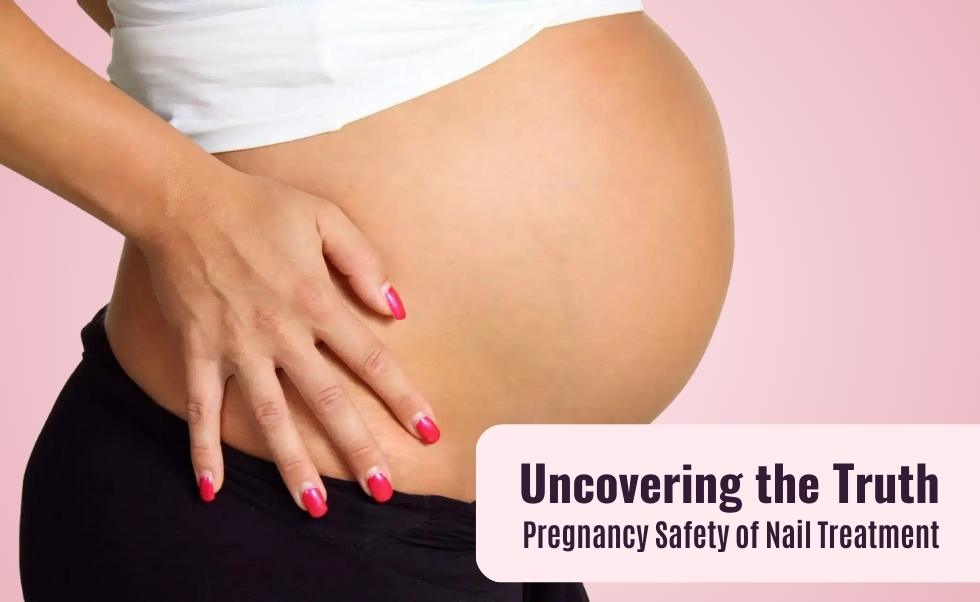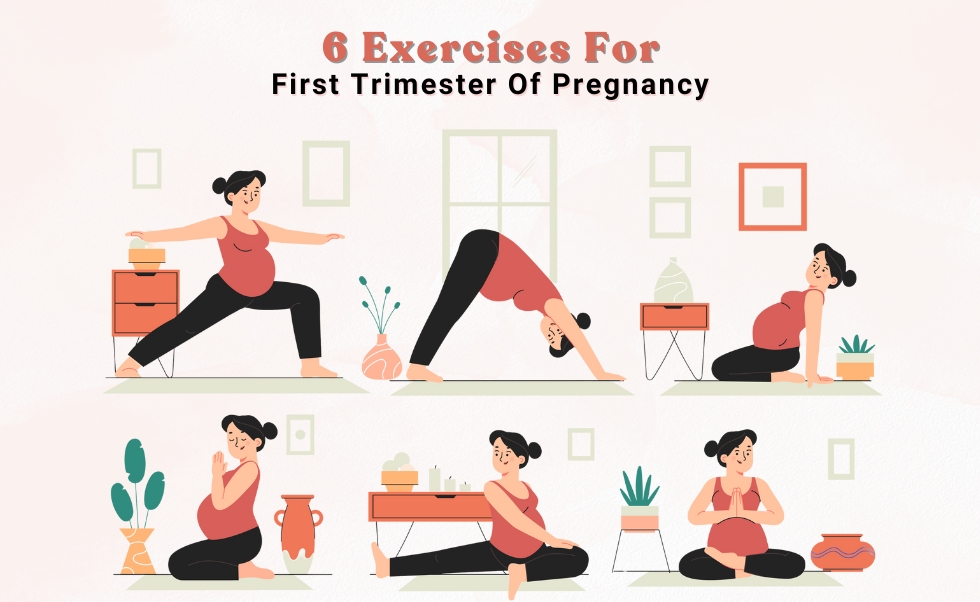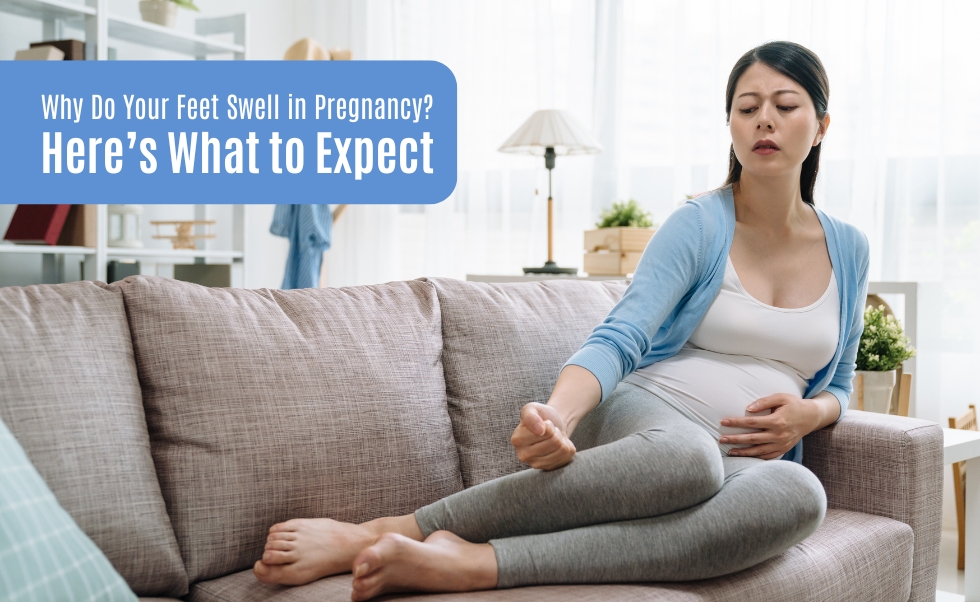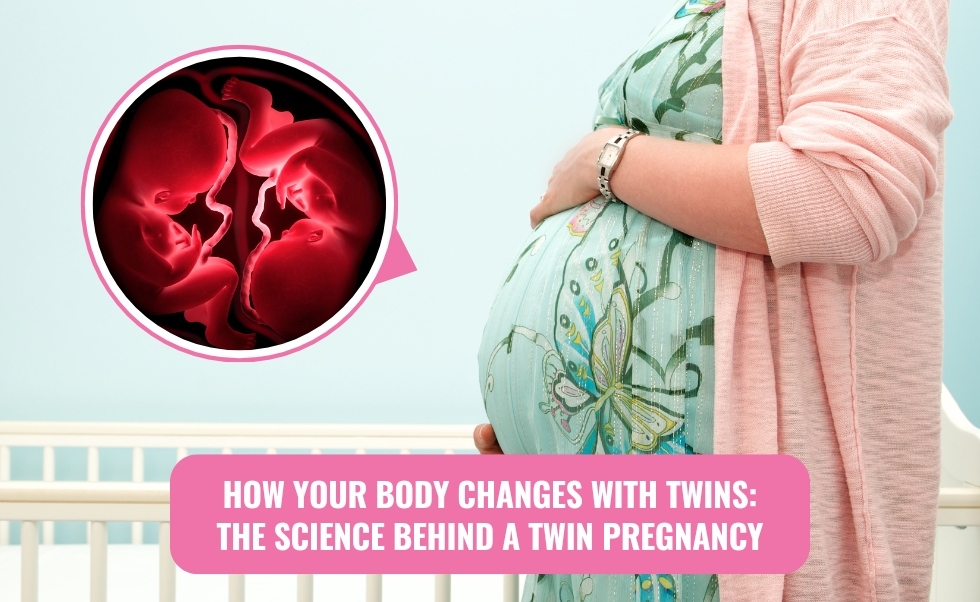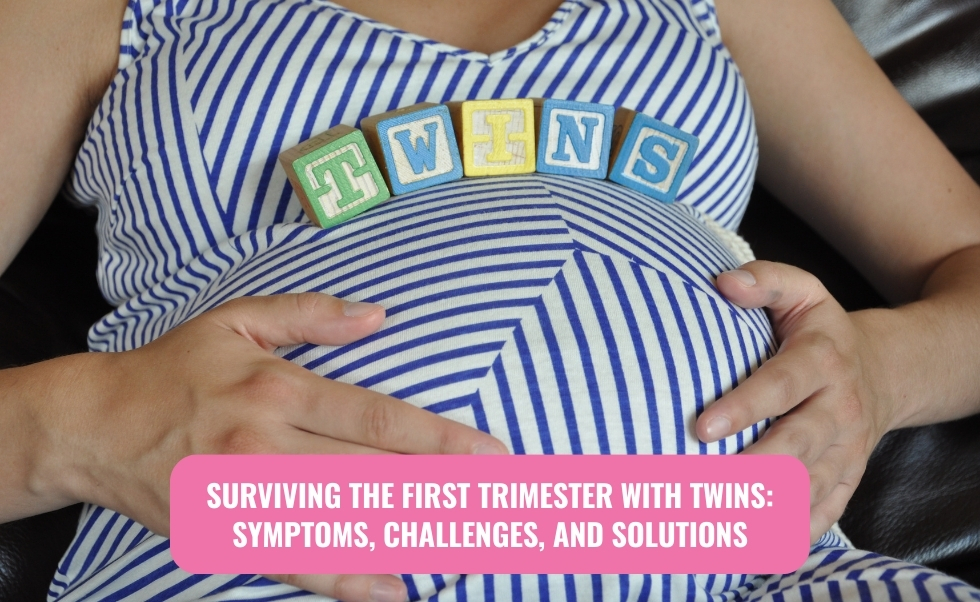Early pregnancy is a time of significant changes in a woman’s body. Recognizing these changes can help understand pregnancy’s early signs and symptoms. This blog will provide an in-depth look at the early symptoms of pregnancy, when they start, and answer some common questions related to early pregnancy signs.
What Are the Symptoms of Pregnancy?
Pregnancy symptoms can vary widely among women. However, some of the most common early signs of pregnancy include:
Missed Period
A missed period is often the first sign of pregnancy. If your menstrual cycle is regular and you miss a period, it might be time to take a pregnancy test.
Nausea and Vomiting
Commonly known as morning sickness, nausea and vomiting can occur at any time of the day. This symptom typically begins around the sixth week of pregnancy and can last until the end of the first trimester.
Breast Changes
Pregnancy hormones can cause your breasts to become swollen, tender, and sore. You might also notice that your areolas (the area around your nipples) become darker.
Fatigue
Feeling extremely tired is a common early sign of pregnancy. The body works hard to support the growing embryo, which can cause fatigue and drowsiness.
Frequent Urination
As your body produces more blood during pregnancy, your kidneys process extra fluid, increasing the need to urinate.
Food Cravings or Aversions
Pregnancy can alter your sense of taste and smell, leading to unusual cravings or aversions of certain foods.
Mood Swings
Hormonal changes can cause emotional fluctuations and mood swings in early pregnancy.
Bloating and Constipation
Hormonal changes can slow the digestive system, leading to bloating and constipation.
Light Spotting
Some women experience light spotting or implantation bleeding, which can be mistaken for a light period.
When Do Pregnancy Symptoms Start?
Pregnancy symptoms can start as early as one to two weeks after conception. However, they are more commonly noticed around the time of the missed period, about four to six weeks into pregnancy.
- 1-2 Weeks After Conception: Some women might feel symptoms like fatigue, mild cramping, and mood swings.
- 3-4 Weeks After Conception: Symptoms like breast tenderness, nausea, and frequent urination might begin.
- 5-6 Weeks After Conception: Morning sickness, more pronounced fatigue, and missed periods typically start around this time.
Are There Any Pregnancy Symptoms Before a Missed Period?
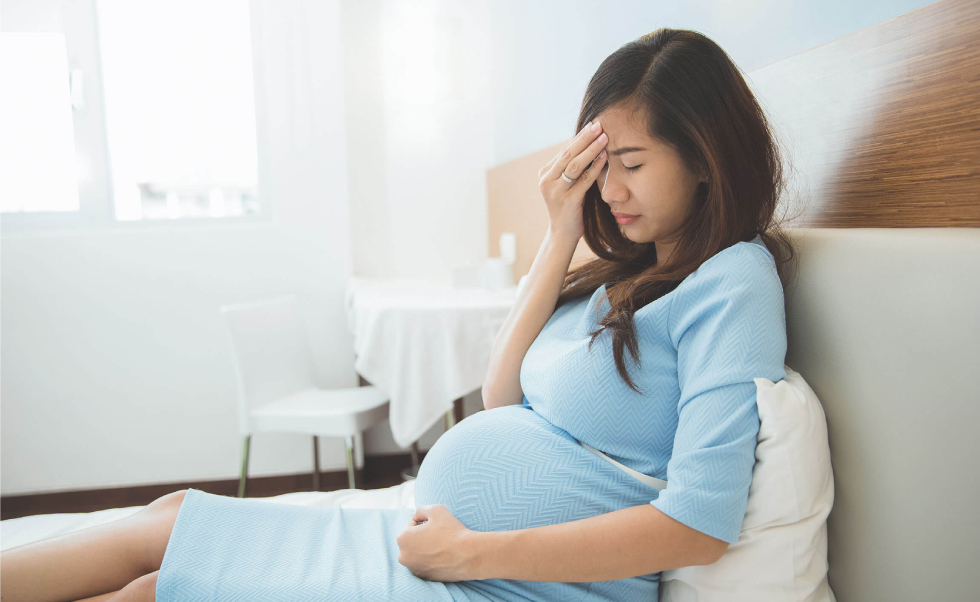
Yes, some women may experience early pregnancy symptoms before a missed period. These can include:
Implantation Bleeding
Implantation bleeding can occur when the fertilized egg attaches to the lining of the uterus, typically 6-12 days after conception. This bleeding is usually light and shorter than a regular period.
Cramping
Mild cramping can accompany implantation bleeding and may feel similar to menstrual cramps.
Breast Changes
Some women notice breast tenderness or changes as early as one to two weeks after conception.
Fatigue
Increased hormone progesterone levels can cause fatigue even before a missed period.
Increased Sense of Smell
A heightened sense of smell can be an early sign of pregnancy, leading to food aversions or nausea.
What’s the Difference Between Implantation Bleeding and a Period?
Implantation bleeding and a period can be easily confused, but there are key differences:
Timing
Implantation bleeding usually occurs around 6-12 days after conception, which is earlier than a regular period.
Flow
Implantation bleeding is typically lighter and shorter than a regular period. It may appear as light spotting or a pinkish/brownish discharge.
Duration
While a period can last from three to seven days, implantation bleeding usually lasts only a few hours to a few days.
Symptoms
Implantation bleeding may be accompanied by mild cramping, but it is usually not as intense as menstrual cramps.
When Can I Take a Pregnancy Test After a Missed Period?
You can take a pregnancy test as soon as you miss your period. Home pregnancy tests are designed to detect the hormone human chorionic gonadotropin (hCG) in your urine, which is produced after a fertilized egg attaches to the lining of your uterus.
For the most accurate results, take the test one week after your missed period. However, some sensitive tests can detect hCG even earlier, around ten days after conception.
Are There Any Symptoms of Pregnancy in the First 72 Hours of Conceiving?
It is unlikely to experience symptoms of pregnancy in the first 72 hours after conception. The fertilized egg has just begun its journey to the uterus and has not yet implanted. Symptoms typically appear after implantation, around 6-12 days post-conception. However, some women report a feeling of ‘knowing’ they are pregnant, even before any physical symptoms manifest. This is often attributed to heightened body awareness and intuition.
Summary
Recognizing early pregnancy symptoms can help understand and prepare for the changes ahead. While symptoms can vary, common signs include missed periods, nausea, breast changes, fatigue, and frequent urination. Pregnancy symptoms typically start around the time of the missed period, but some women may experience early signs before then. Differentiating between implantation bleeding and a period can be challenging, but understanding the differences in timing, flow, and duration can help. For the most accurate pregnancy test results, it’s best to wait one week after a missed period. Although it is uncommon to experience symptoms within the first 72 hours of conceiving, some women may have a heightened sense of awareness about their pregnancy.

